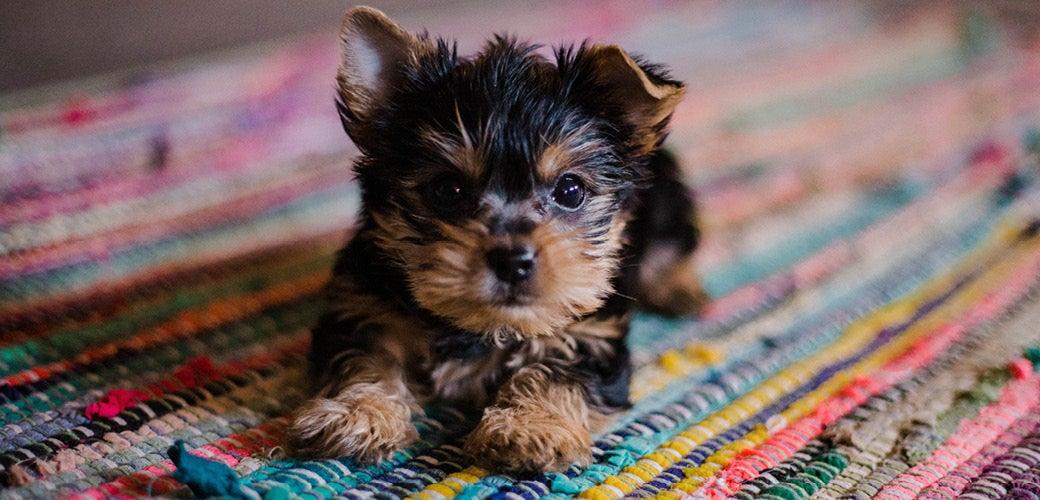
Budgeting Tips for New Dog Owners

Planning on getting a new dog? Before you do, create a budget to make sure you can cover the costs.
Getting a new dog is an exciting time and it can be tempting to go out and splurge on all the latest treats and toys. But, if you’re on a budget, it’s important to focus on the most important things to keep your dog happy and healthy before buying all the extras.
When prioritising what to spend your money on carefully consider if it’s contributing to the overall health and wellbeing of your pet. This includes quality food, regular vet checks, exercise, keeping their teeth clean, and staying on top of their flea and worm treatments.
Here are some of the costs to consider when getting a new dog:
Upfront costs
When you’re budgeting for a new dog, one of the first and most obvious considerations is the upfront cost of the dog. If you go to a dog breeder, this can cost anywhere between several hundred to a few thousand dollars, depending on the breed.
If you’re not fussy about the breed, adopting from a rescue centre can be a lot cheaper, and their adoption fee often includes desexing, microchipping and vaccinations. Plus, you’ll be giving an unwanted dog a loving home.
Alongside the upfront costs for buying your pet, the first couple of months to first year of ownership will likely cost you the most.
This is because – as well as the dog – you’ll also need to buy all their gear, like beds, collars and leashes, a kennel (if you’re keeping it outdoors), food bowls, brushes and toys. If you’re not flush with money, it’s worth checking out your local second-hand stores, neighbourhood Facebook groups, or even TradeMe for pre-loved items. Don’t think you have to only buy new items for your pooch.
The first few months are also when you’ll be hit with a few veterinary costs. If you’ve purchased a dog from a breeder, for example, you’ll need to pay for the dog to be desexed, and they’ll need all their initial vaccinations and microchipping. Costs will depend on the veterinary clinic you go to, so it may pay to ask around.
If you’re buying a puppy, it’s also a good idea to enrol them into a puppy class to help teach them basic manners and give them a chance to socialise and play with other puppies in a safe environment.
Recurring costs
The cost of purchase and other initial costs shouldn’t be all you consider when budgeting for your new dog. You’ll also need to think about all the recurring costs your new pet will incur. A report by the New Zealand Companion Animal Council, for example, calculated the average annual cost of dog ownership at $1,686.
At a minimum you should budget for:
● Food
● Flea and worm treatments
● Yearly check-ups and vaccinations
● Dog registrations fees.
These costs will vary, depending on where you live (dog registration fees differ per region) and the quality of the products you buy. Pet food and flea and worm medication from the vet, for example, will likely cost more than if you bought them at a pet store, online, or at your local supermarket. However, your vet will likely offer the best quality products, along with specialist advice.
Unplanned costs
As well as budgeting for all the known costs, you’ll also want to set aside some money for the unexpected. For example, if your dog gets injured or ill, vet fees can be expensive. It’s also good to start building a financial buffer while your dog is still young.
That’s because, as dogs get older, they’re more likely to need additional care or medication to treat conditions like arthritis. If you have savings set aside for this, these costs won’t make as much of an impact. Plus, you’ll have peace of mind knowing you can care for your fur baby if they need important or urgent care.
Pet insurance can help offset some of the costs of unexpected vet visits, as well as certain ongoing medical treatments. It’s a good idea to take out a policy for your pup when it’s still young to ensure it’s covered from day one.

